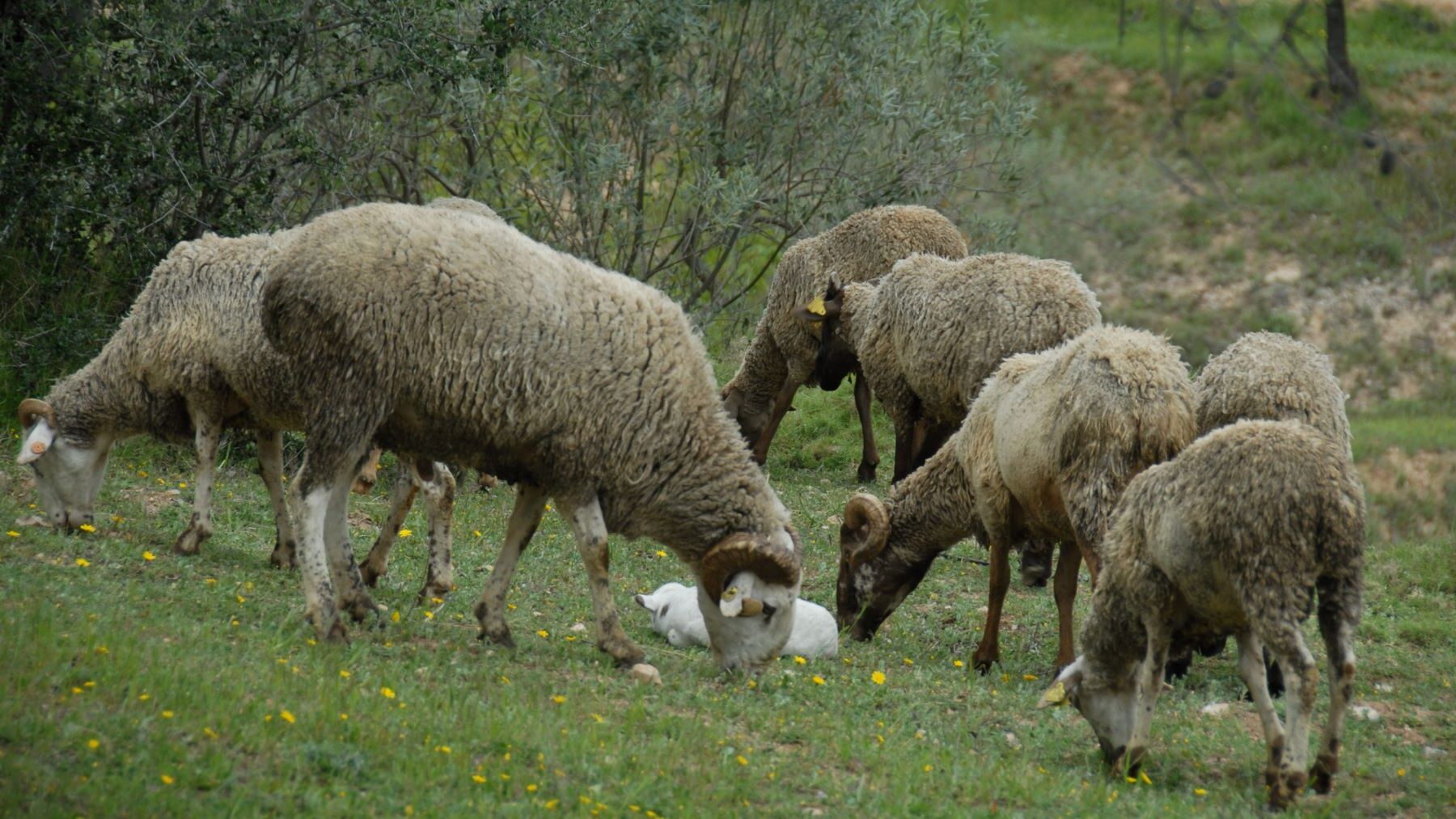The Andalusian government has explained that it will promote its use silvopastoral to recognize the ecological value of extensive livestock farming which is currently practiced in the mountains. This is part of the Community’s forestry plan.
The Ministry of Sustainability and the Environment, through the General Directorate of Forest Policy and Biodiversity, participated in the 62nd Scientific Meeting of the Spanish Pasture Society, in collaboration with the Service for Evaluation, Restoration and Protection of Mediterranean Agrosystems of the CSIC, where he indicated that the Junta de Andalucía de silvopastoral use of the forest in recognition of the important environmental services that extensive livestock farming provides for the entire Andalusian society.
During this meeting, which took place from September 24 to 26 in the city of Almería and other cities in the province, the perspectives of extensive livestock farming in arid and semi-arid pastures with high ecological value. The main objective of the conference was to analyze the potential of this sector to adapt to global changes, highlighting the benefits it brings to forest ecosystems and its essential role in mitigating the consequences of climate change. climate change.
As part of these sessions, scientists, technicians and local farmers exchanged knowledge and experiences on crucial topics for the future of the sector, such as silvopastoral systems. Among the topics discussed, the restoration of spaces stood out opened through innovative techniques such as pyrogenic herbivoryas well as the opportunities and challenges facing extensive livestock farming. The Junta de Andalucía emphasized that these issues must be framed within a solid and coherent forestry policy that supports pastoralists, promotes sustainability and protects the region’s forests.
In this sense, the Advisor to the Council’s Directorate General of Forest Policy and Biodiversity, Gabriel Gutiérrez, presented the latest progress achieved thanks to the adaptation of the Andalusian Forest Plan and the new approach that the future Andalusian Forest Law will bring. It. . This law, the preliminary draft of which was presented yesterday to the Junta Board of Directors, includes more than a dozen specific measures aimed at strengthening the extensive livestock sector, with clear recognition of the importance of traditional silvopastoral management techniques and practices.

Silvopastoral techniques at the service of sustainability
One of the planned actions is that the Andalusian Forestry Administration commits to it promote silvopastoral usewith the aim of improving the bioeconomy, promoting the roots of people in rural areas, conserving indigenous livestock breeds, protecting cultural heritage and improving and maintaining forest ecosystems. Furthermore, the importance of these systems in preventing forest fires, which are increasingly becoming a threat due to climate change, was highlighted.
The Director General of Forest Policy and Biodiversity, Juan Ramón Pérez Valenzuela, stated that the challenge is not limited to the use of pastures. As he said: “The management of valuable silvopastoral systems is essential for the resources it provides in terms of employment, raw materials and food, and also for the many environmental services it provides, such as the conservation of biodiversity and its most valuable habitats.
One of the key moments of the conference was the visit to livestock farms where different lines are integrated complementary work to traditional grazingsuch as the use of new technologies for extensive livestock management. Factories that produce products from livestock and products based on vegetable fibers, such as esparto grass, were also visited.
In addition, participants had the opportunity to learn first-hand the pyrogenic herbivory projects carried out in the province of Almería, an innovative practice that uses controlled grazing as a forest management tool and fire prevention. These experiences, developed by researchers from the Zaidín Experimental Station, were presented by the INFOCA team and technicians from the Andalusian Pasture-Firewall Area Network (RAPCA), in collaboration with local farmers.
The delegate of the government of the Junta de Andalucía in Almería, Aránzazu Martín, and the territorial delegate of Sustainability and Environment in the province, Manuel de la Torre, also took part in the conference, agreeing to the strong involvement of the Andalusian government to emphasize support for extensive livestock farming, especially in the Andalusian mountains.
The extensive livestock farming and silvopastoral systems They can be critical for preventing forest degradation, managing forest fire prevention and supporting forest management sustainability.

